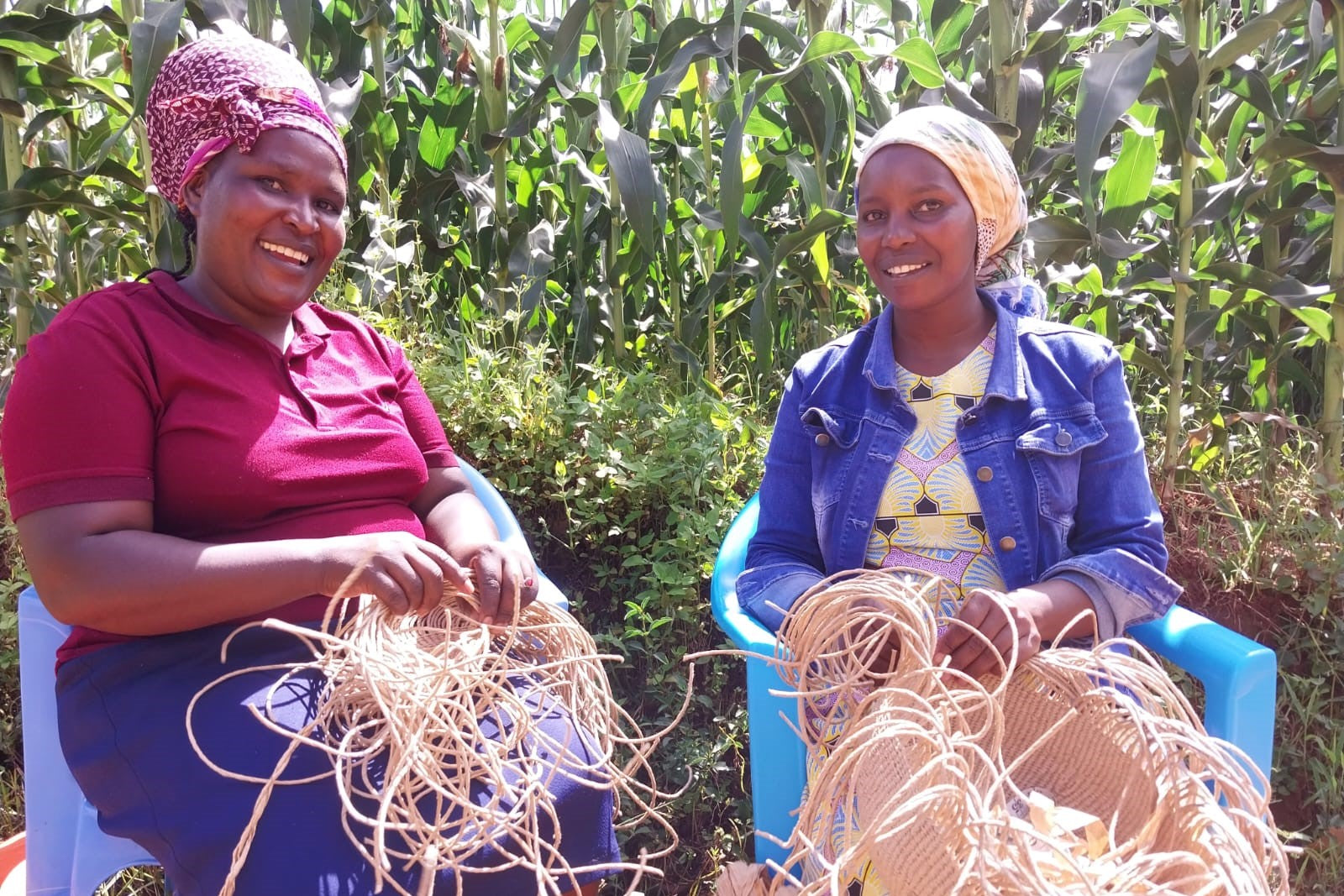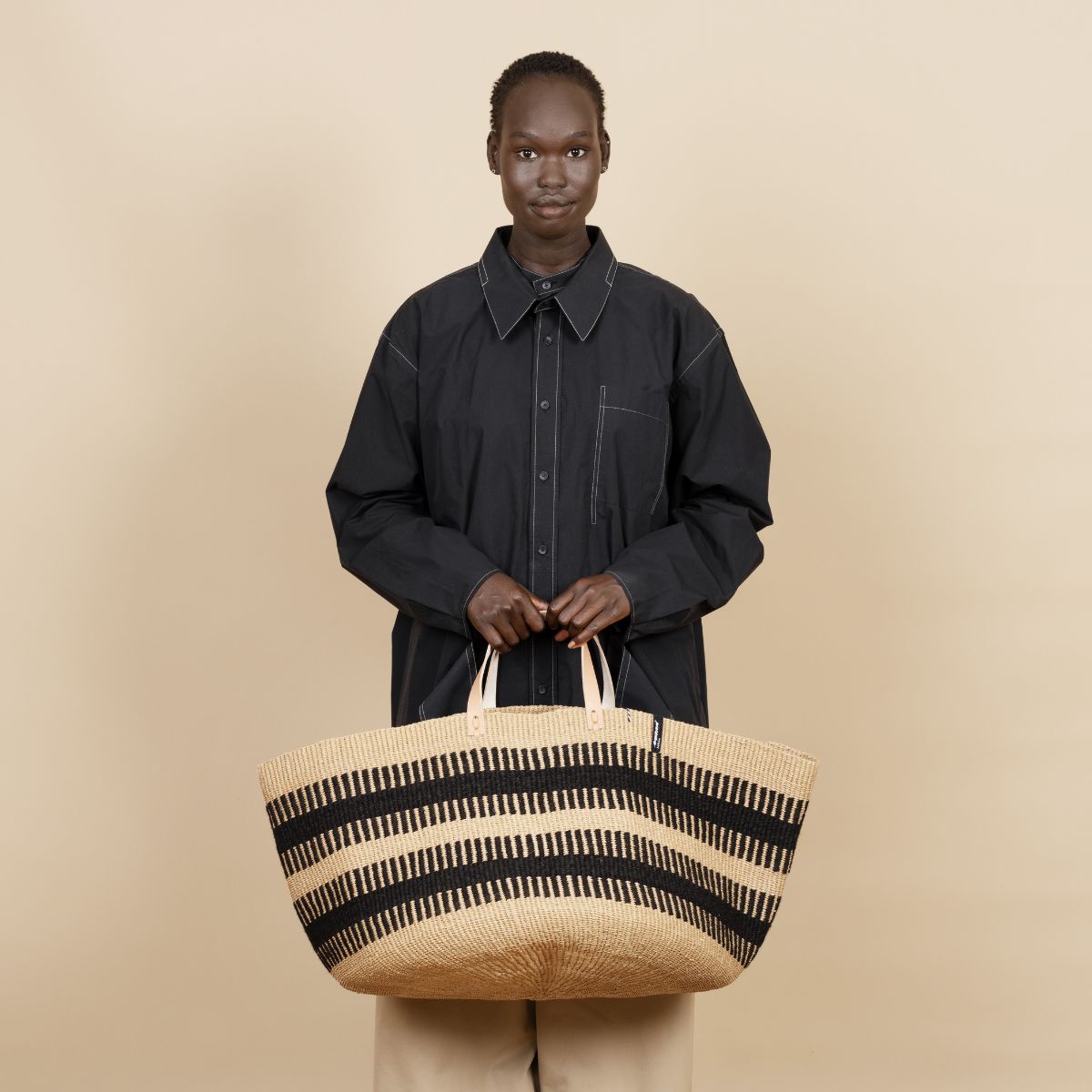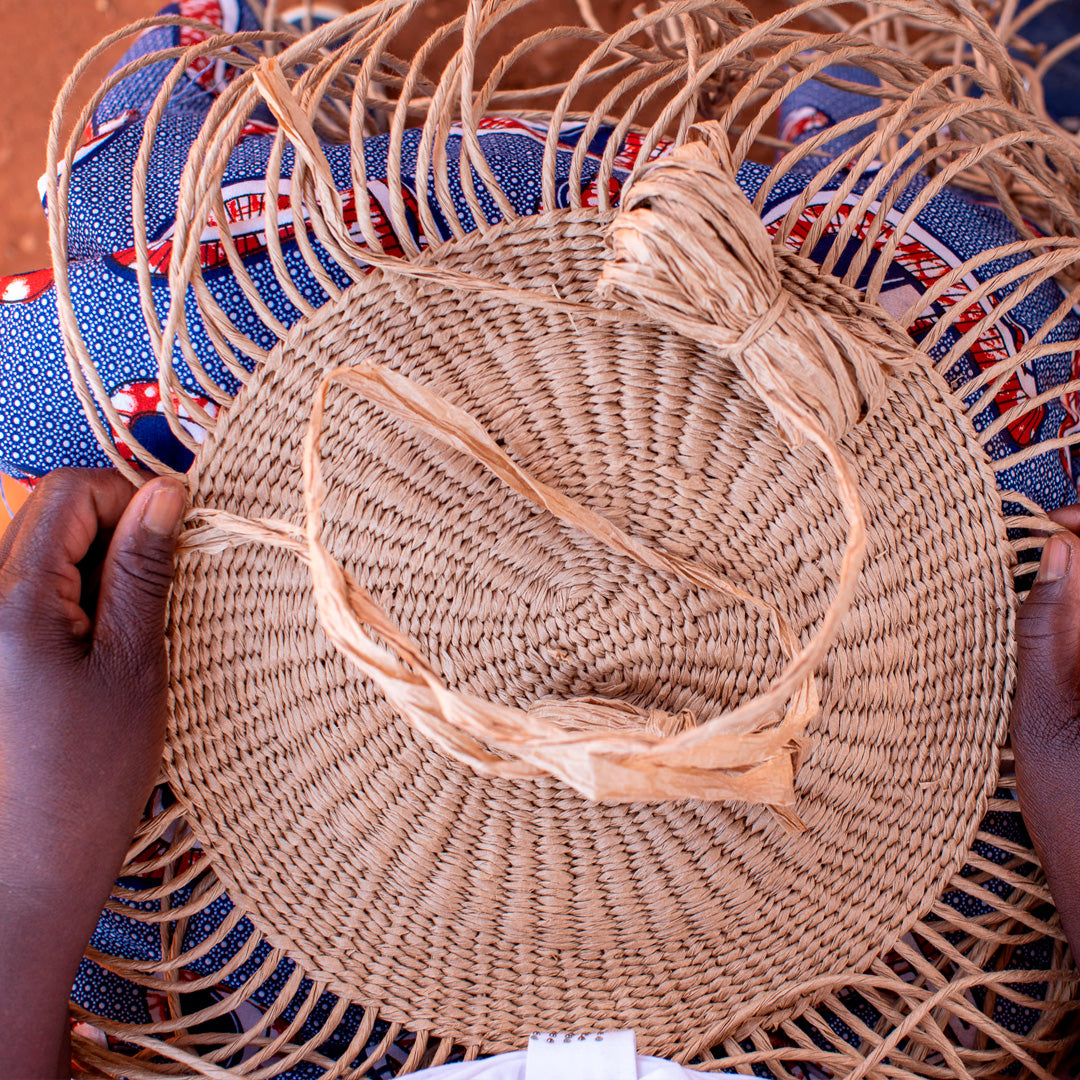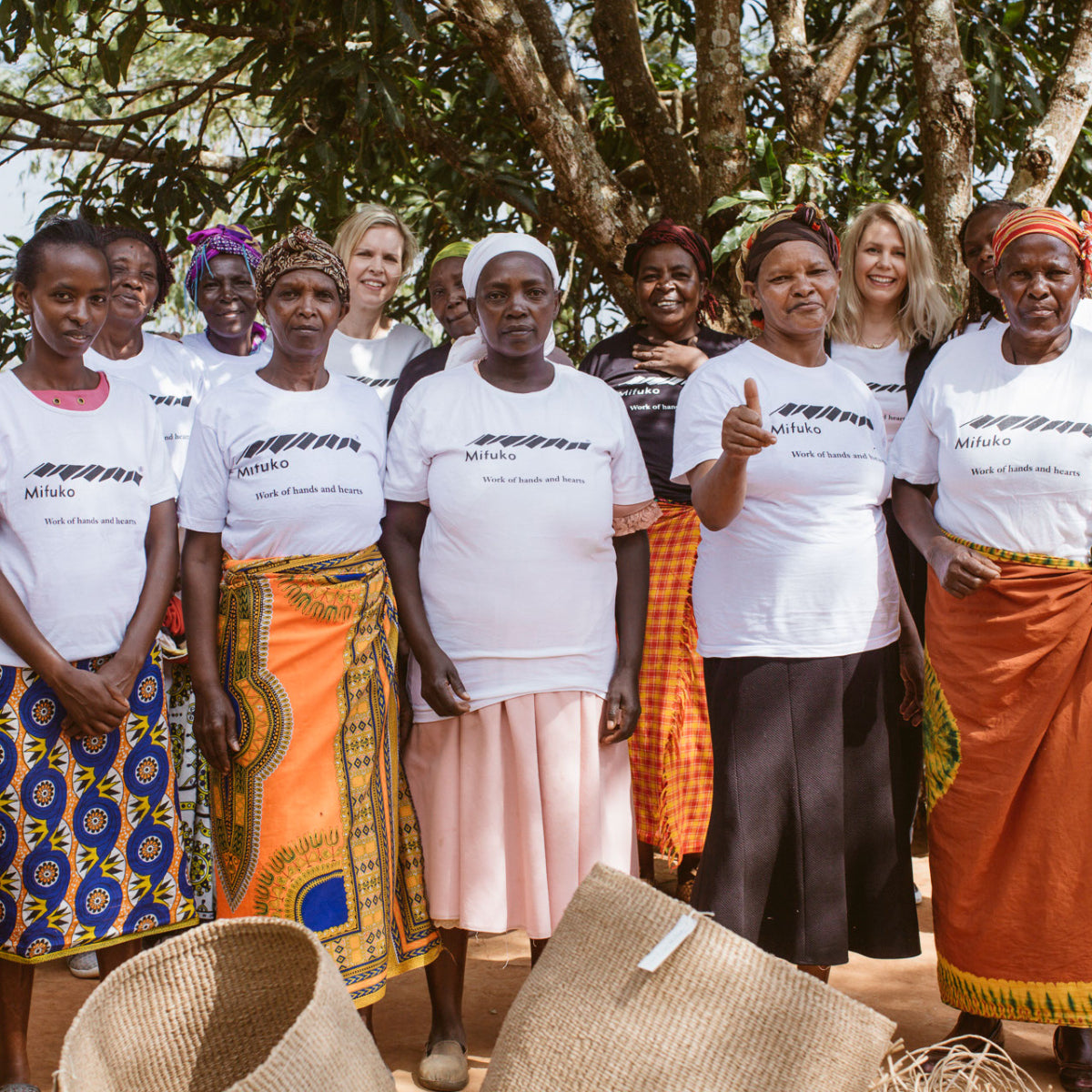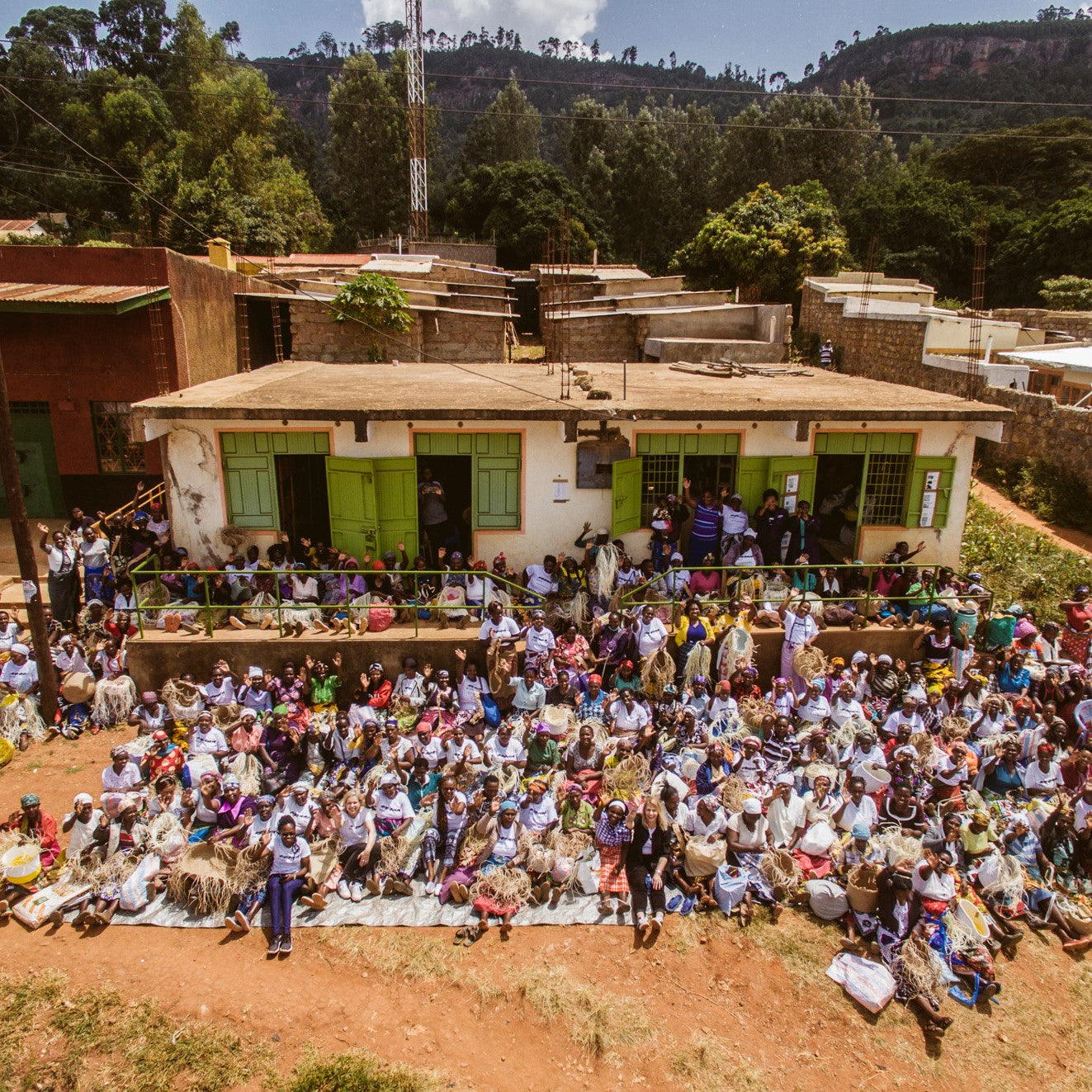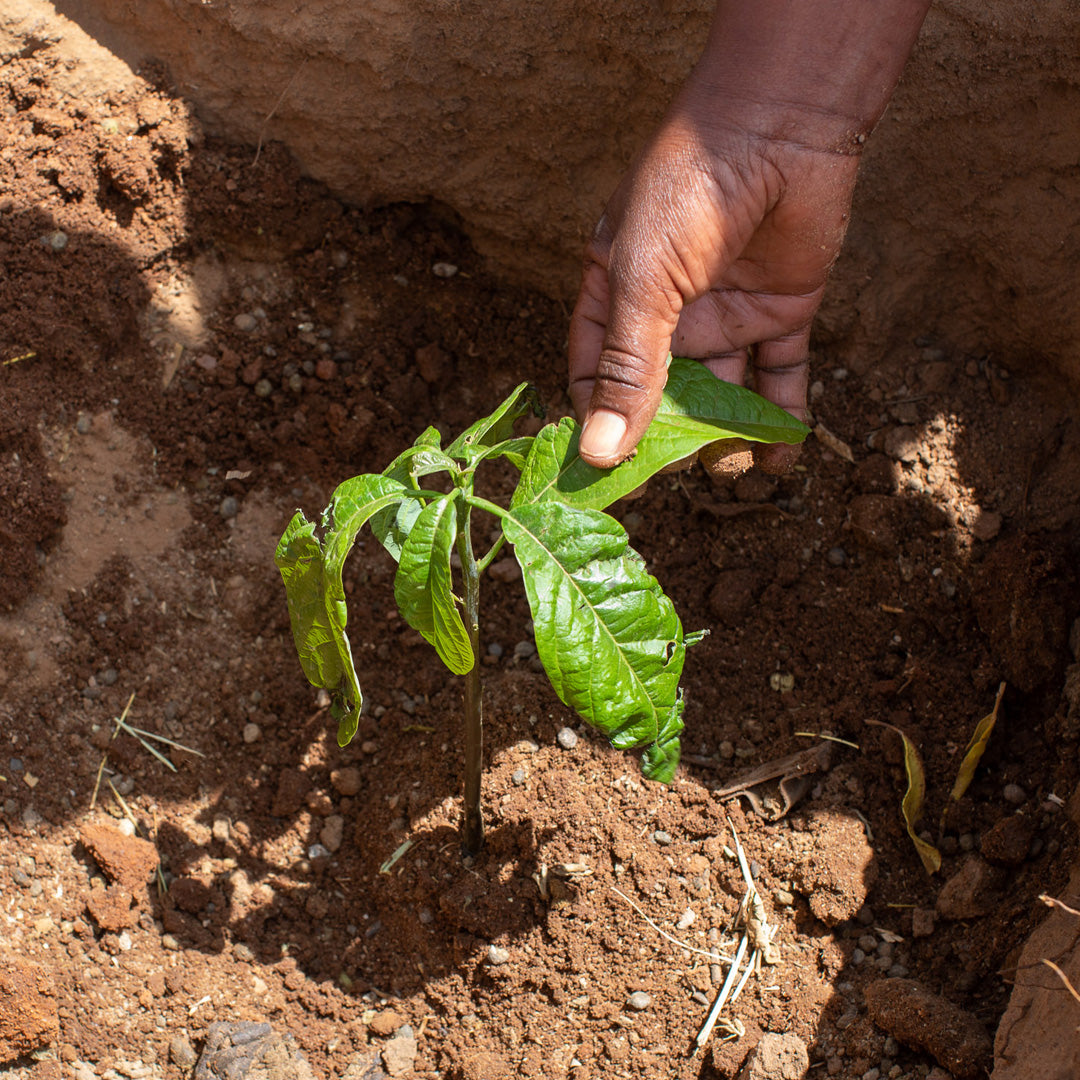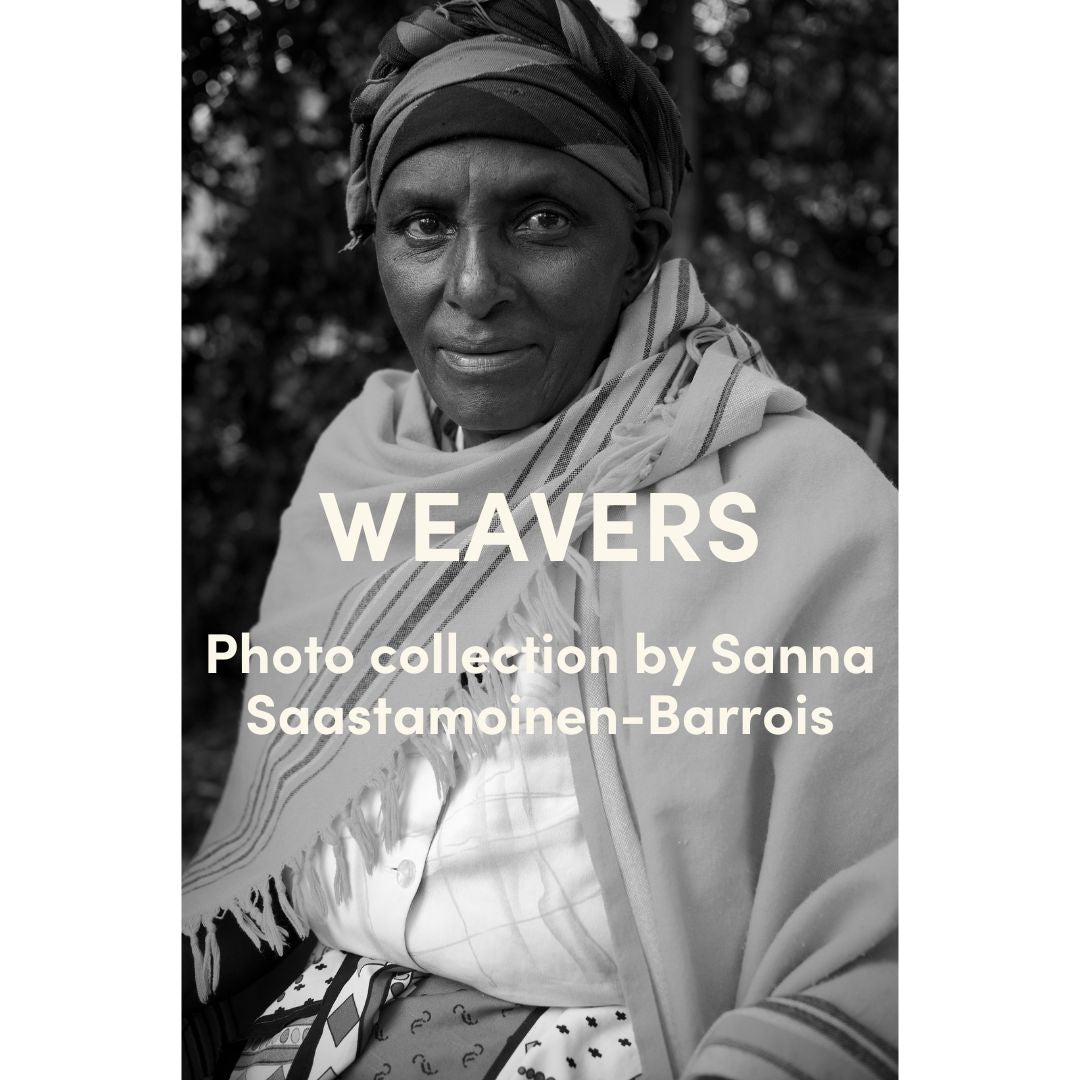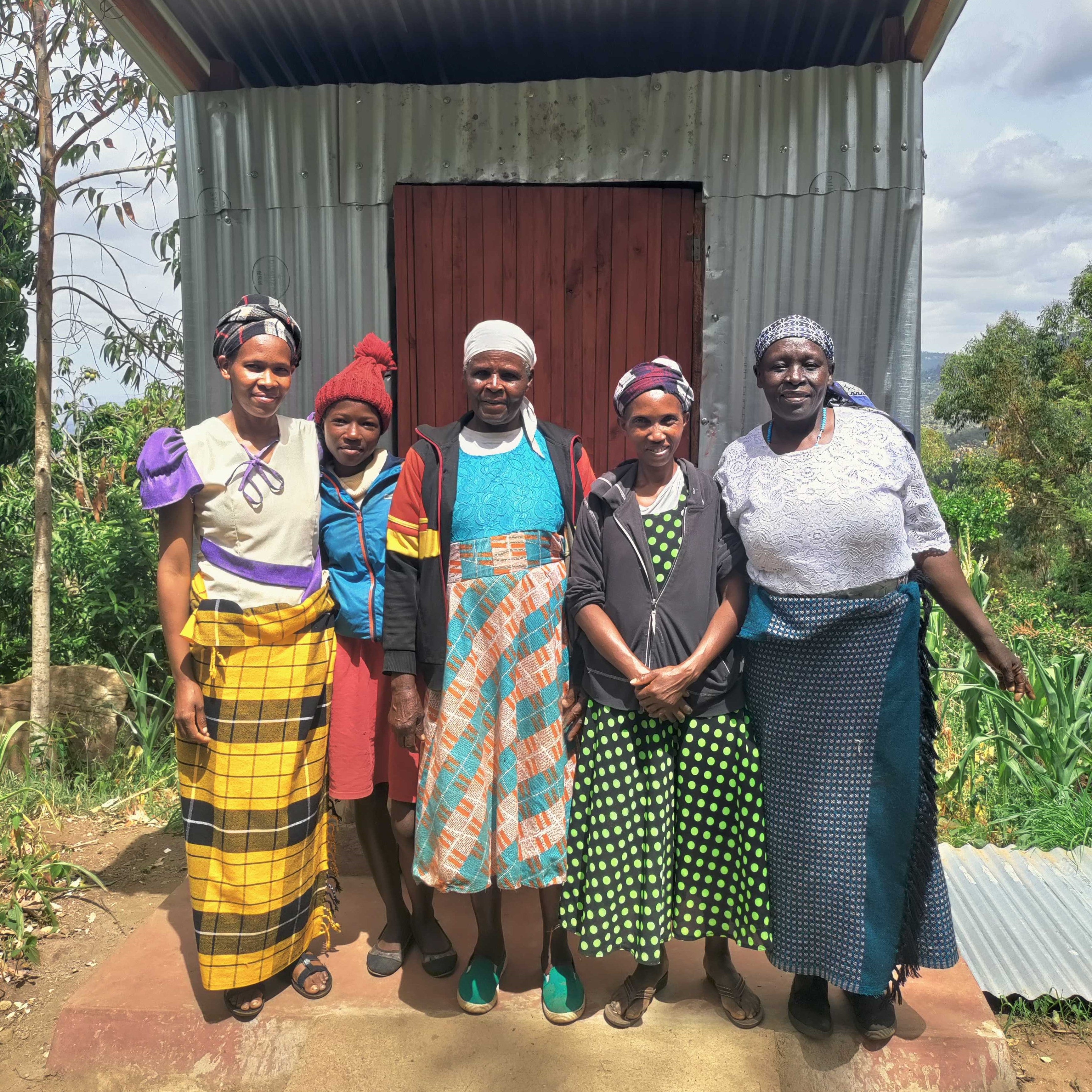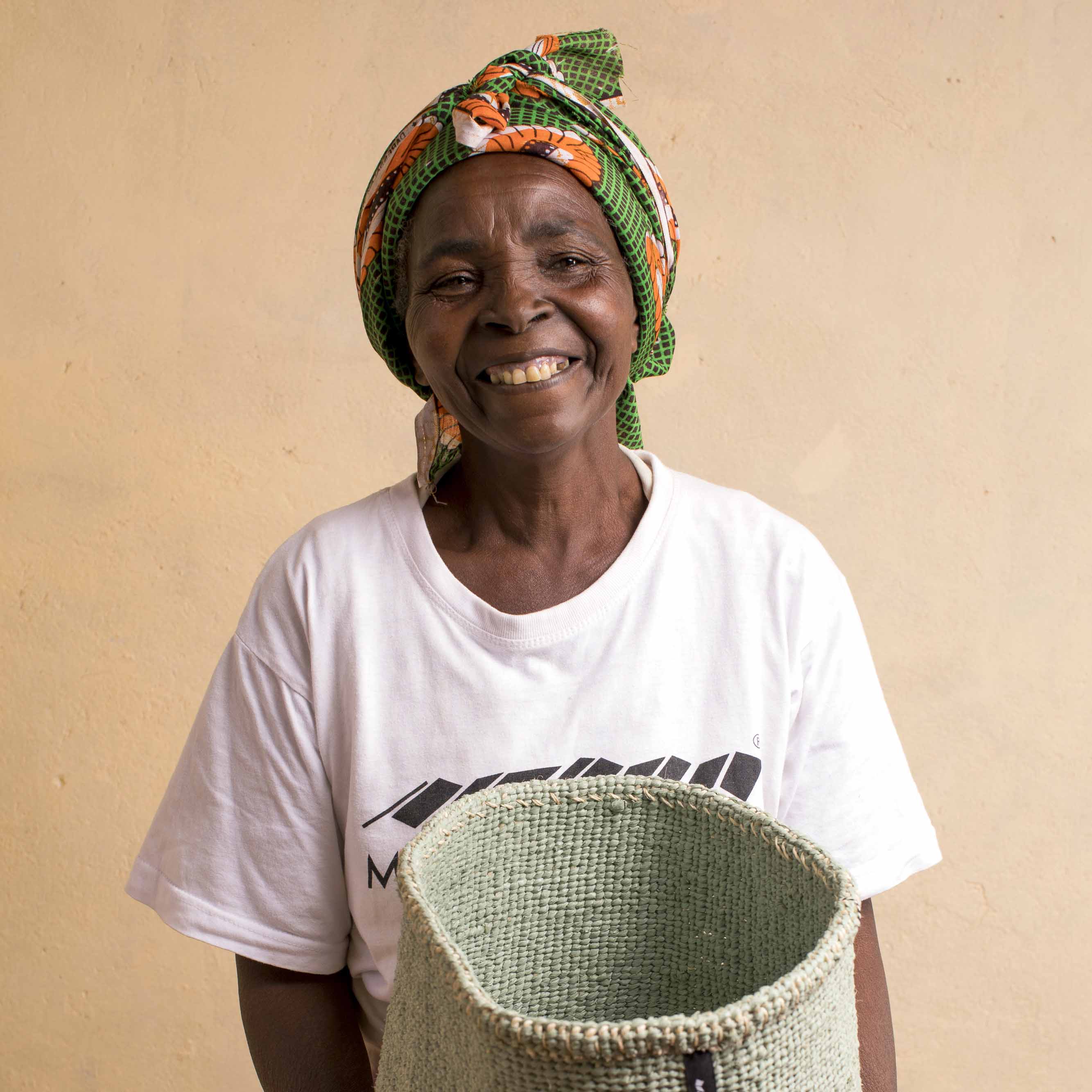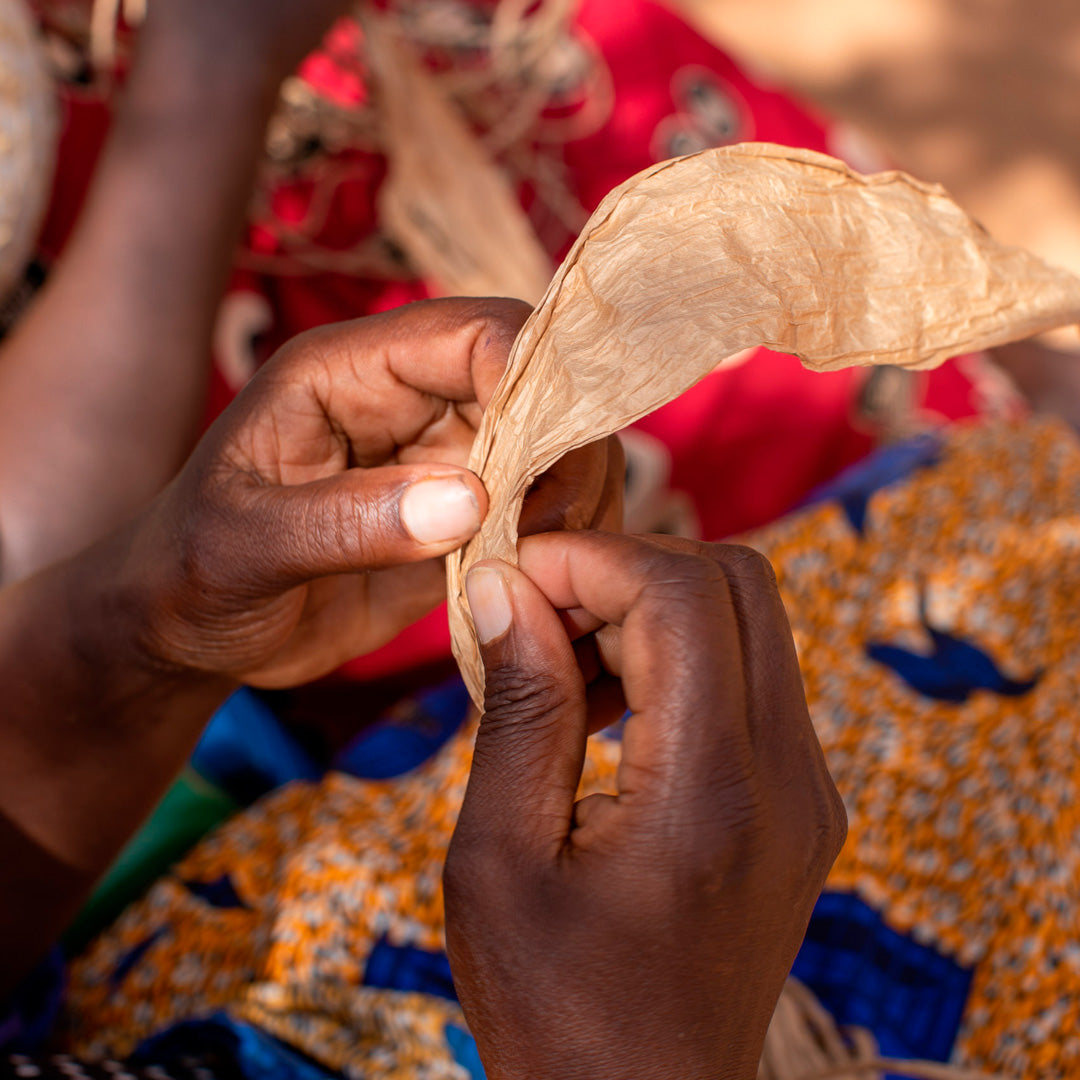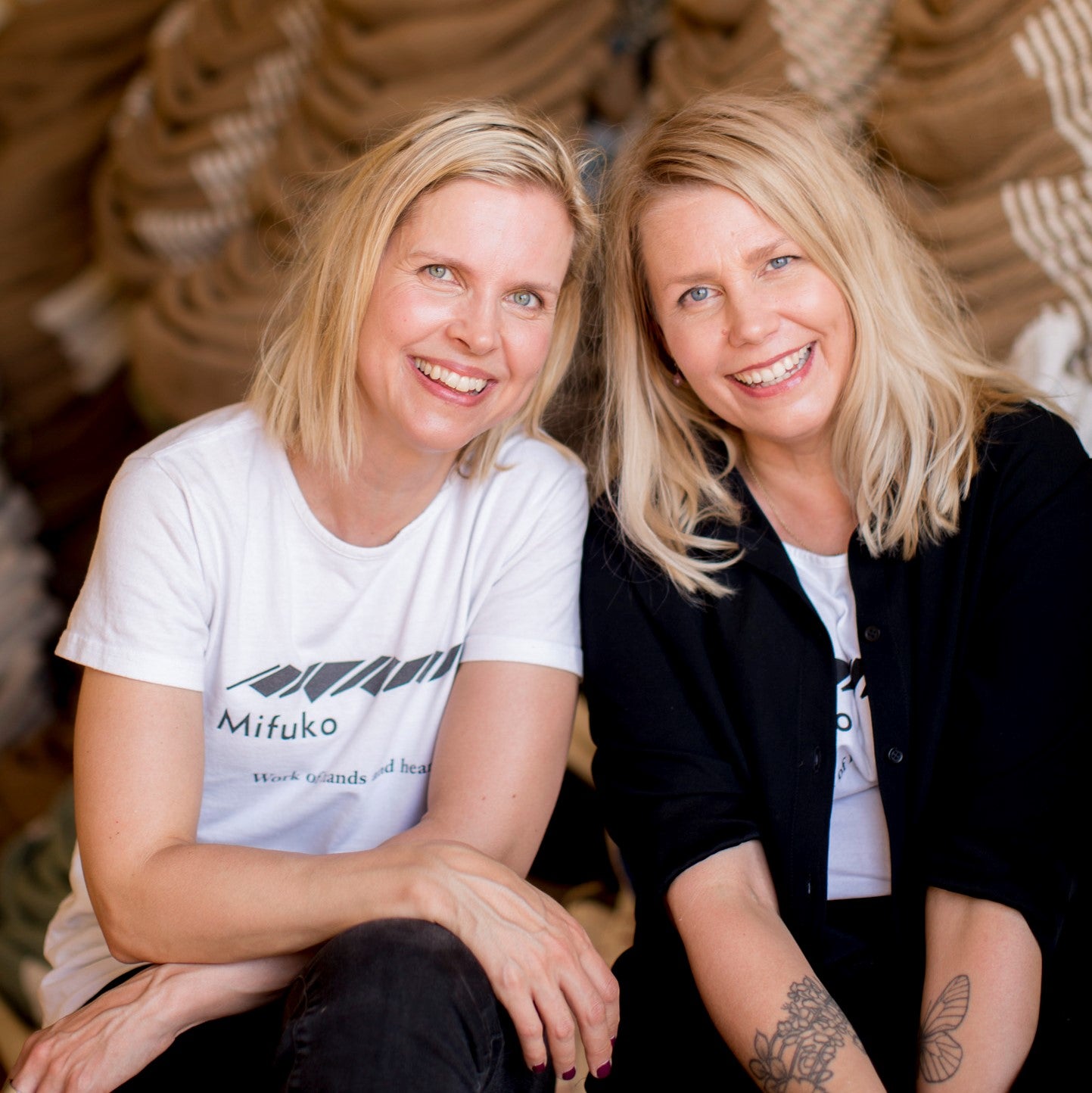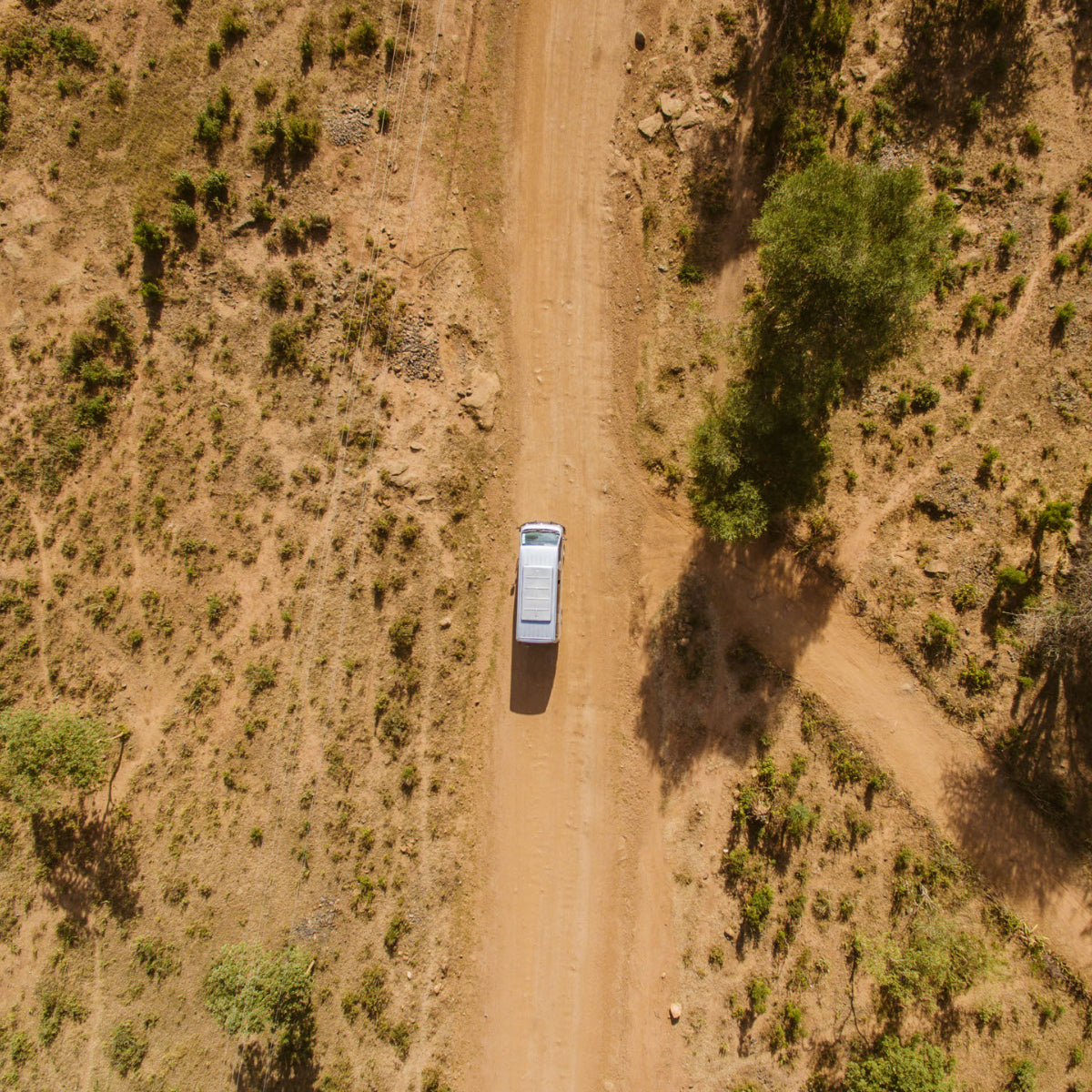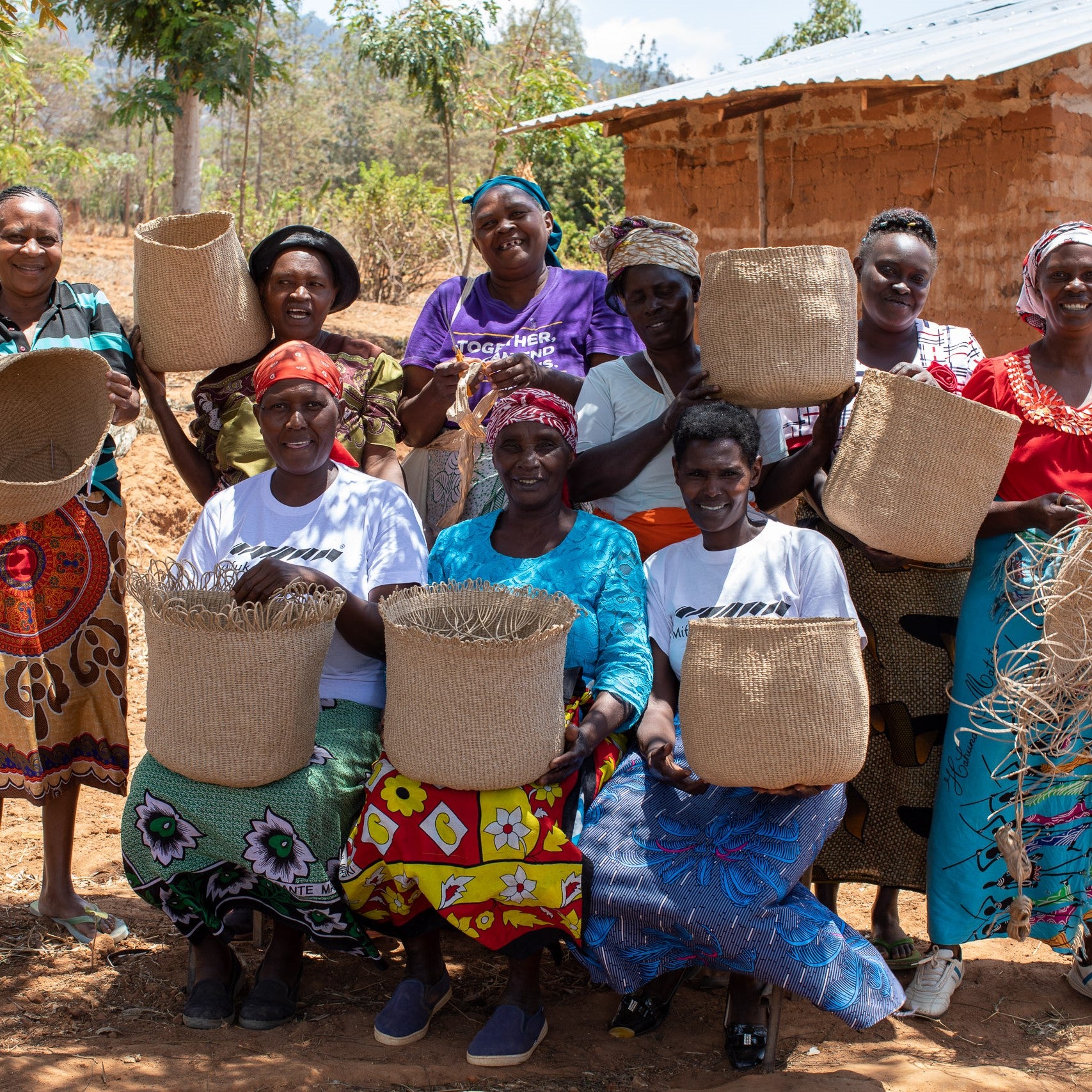The WFTO Guarantee System establishes compliance with the WFTO Fair Trade Principles, covering everything from the business model, to the organisational structure, operations and supply chain.
As a WFTO guaranteed member, Mifuko is committed to the 10 Principles of the WFTO. We consistently strive to apply them to their fullest in everything we do. The following a brief overview of how we use these principles in our work.
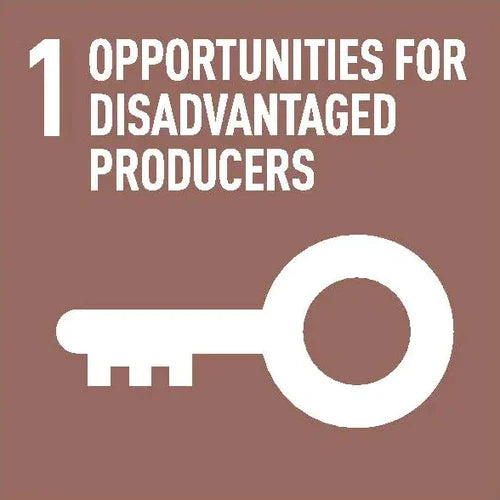
Opportunities for disadvantaged producers
Mifuko works with over thousand artisans, mostly women in rural Kenya, who produce baskets, carpets, bags, ornaments and more. Over 90 per cent of these artisans are economically disadvantaged. The products they make for Mifuko provide a vital source of supplementary income.
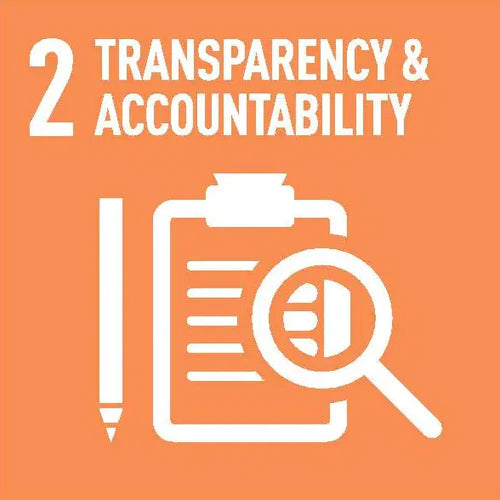
Transparency and accountability
We regularly travel to meet artisans and self-help groups in Kenya, and our local consultant makes frequently visits with the artisans. These meetings include planning methods for capacity building and business improvements, discussing craft and quality, health issues, sustainability and so forth.
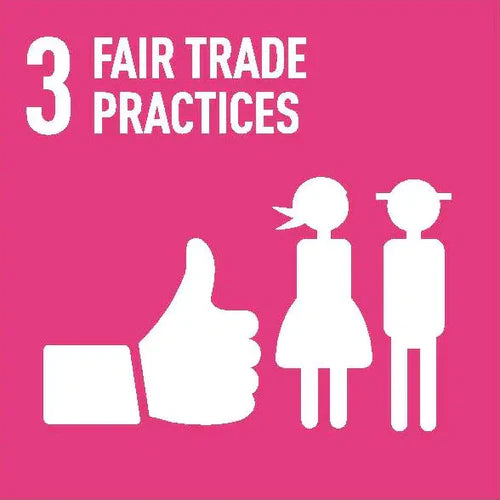
Fair trade practices
We ensure all payments are passed on to the artisans, and we strive to establish long-term relationships that are based on trust and mutual respect. Mifuko provides 50 % advance payment on placed orders, and the remaining half is paid when the order is completed. Further, we never cancel orders or reject deliveries.
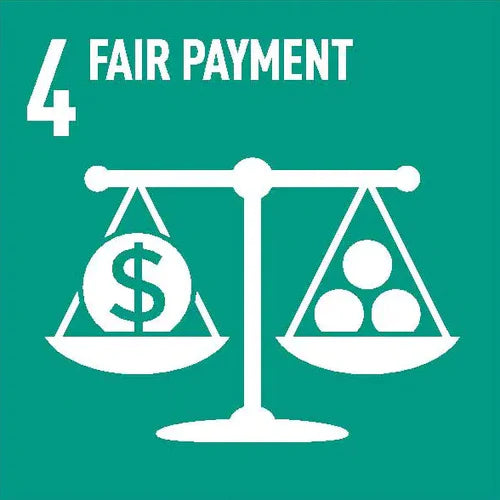
Fair payment
We follow an inclusive business model that makes creating positive change in low-income communities a fundamental strategy for success. The starting point is establishing a fair payment in exchange for the products we get from artisans. We use Living Wage Ladder tool provided by the WFTO to help determine payments, but ultimately, the amount is agreed upon together with the artisan’s local community.
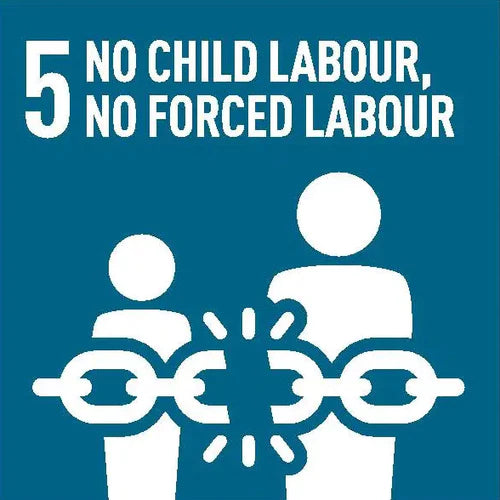
No child or forced labour
Through our visits and self-help groups, the well-being of artisans and their families is regularly monitored. The extra income artisans earn from Mifuko also means families can afford to send their children to school instead of work.
In addition, we also work closely with our material suppliers to ensure conformance to labour laws, and we rely on well-established logistics and transportation providers who have their own monitoring systems.
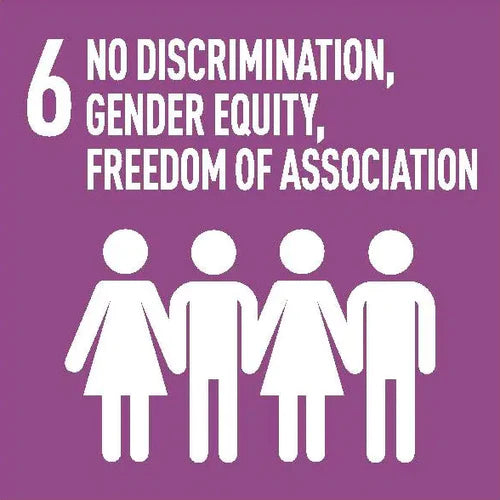
No discrimination, gender equity and freedom of association
The majority of Mifuko’s artisans are women between 29 and 70 years of age who are members of self-help groups which are essential to building gender equality. Although the majority of the artisans are women, all adults, regardless of gender, are welcome to join self-help groups and weave baskets for Mifuko.
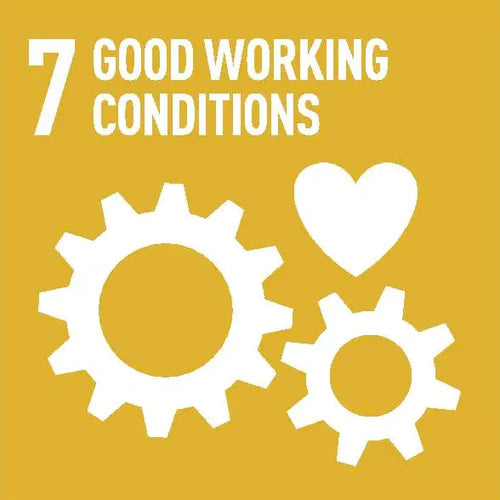
Good working conditions
We work to make producing Mifuko products as safe as possible. The materials, which are free of toxins and safe to handle, are delivered to the artisans, and finished products are collected from the villages. This saves artisans from having to make potentially dangerous trips to markets. Artisans can also work when it suits them best, such as during the farming off-season or while breast feeding.
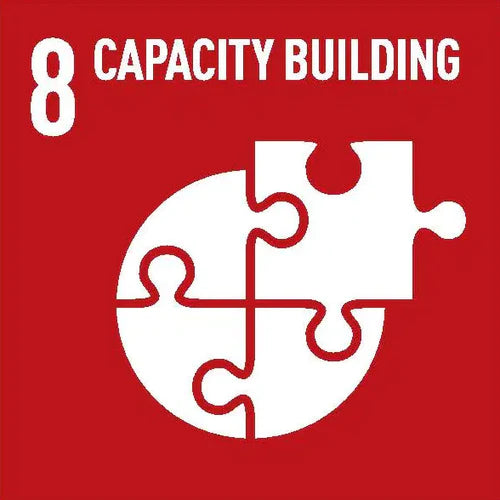
Capacity building
Mifuko works together with artisans on product development and quality improvement issues including better finishing skills. These activities help the artisans improve the quality of their work and develop their business acumen. We also aim to enhance the skills of self-help group leaders who play a major role in the development of the group as whole.
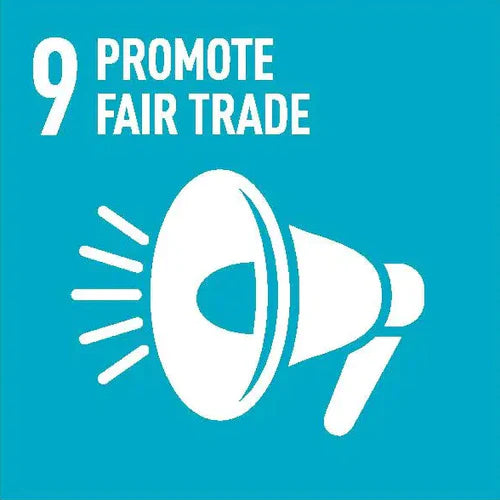
Promote fair trade
To raise awareness of the importance of fair trade, Mifuko promotes the WFTO through its digital communications, product stories, as well as at exhibitions and events. Fairness permeates everything we do, and we make it point to share the importance of that with our customers and partners.
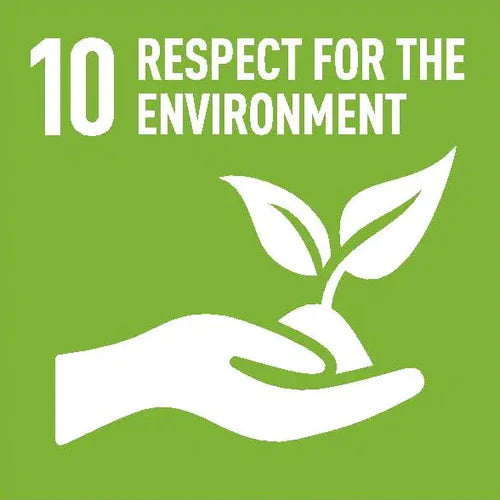
Respect for the environment
Mifuko products are handmade using local and recycled materials whenever possible. Packaging materials are kept to a minimum, and optimal transport (along with efficient packing) help minimise our carbon footprint. We let nothing go to waste. Timeless designs and high-quality construction ensure our products have a long and useful life.
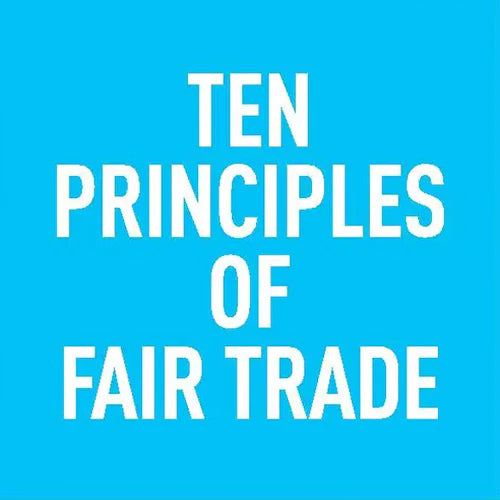
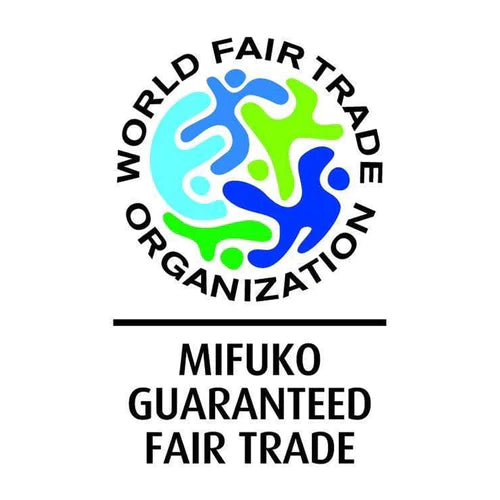
Mifuko Blog
Latest articles
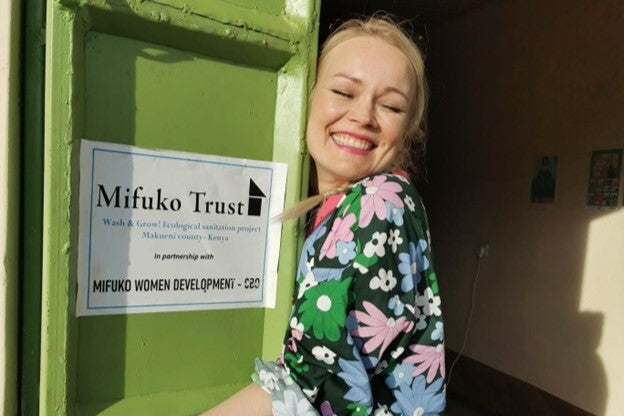
INTRODUCING MIFUKO TRUST AGROFORESTRY AMBASSADOR ANNA PUU
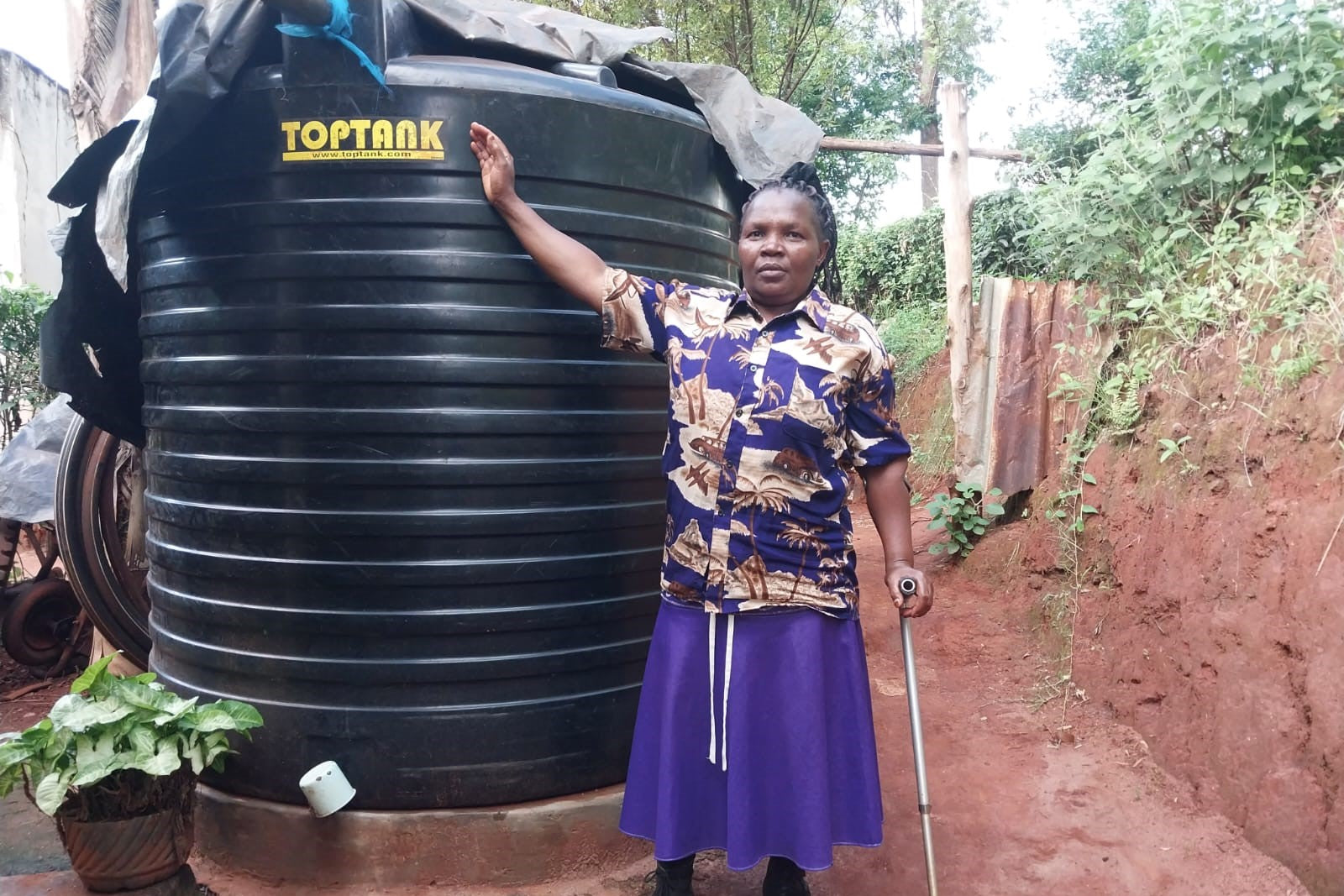
INTRODUCING A MIFUKO TRUST WATER TANK BENEFICIARY
